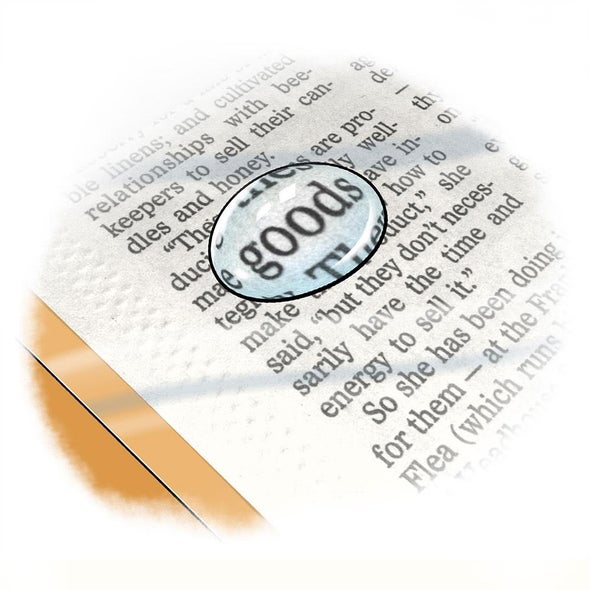 |
| August 20, 2021 |
 |
| |
| |
| |
| |
| |
| |
| |
| |
| |
| |
| |
| Ethics Science Must Be for Everyone Racism and sexism are obstacles to making the scientific enterprise worthy of its public funding | | By Maureen Kearney,Gilda Barabino,Joseph Graves,Shirley M. Malcom | | | |
FROM THE STORE
 | | | |
| |
BRING SCIENCE HOME
 | | The Magnifying Effect of a Water Drop |  Can a droplet of water change what you can spy with your little eye? Learn about optics and lenses in this larger-than-life science activity! Credit: George Retseck | Have you ever studied an everyday object through a magnifying glass—and been amazed at what you could see? Or have you ever noticed, for example in a swimming pool, that an object that is sticking out of the water looks different just above and just below the surface? In this activity you will learn a little bit more about both of these observations. Get ready to bend light, magnify letters and have fun with water drops—all while getting a glimpse into how lenses work! Lenses are the key components in eyeglasses, contact lenses, binoculars and telescopes—just to name a few devices. With this activity a homemade magnifying glass is only a drop away! | |  | |
LATEST ISSUES
 |
| |
| Questions? Comments?  | |
| Download the Scientific American App |
| |
| |



